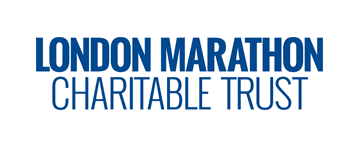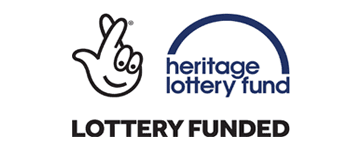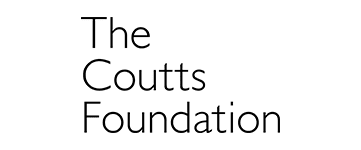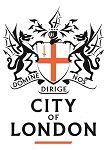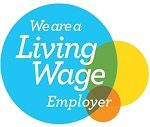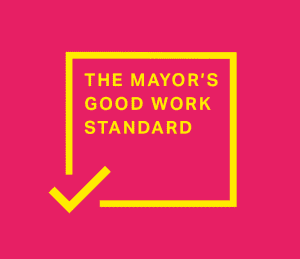Black History Month: Honouring Toynbee Hall’s forgotten Black activists – Benjamin Boateng
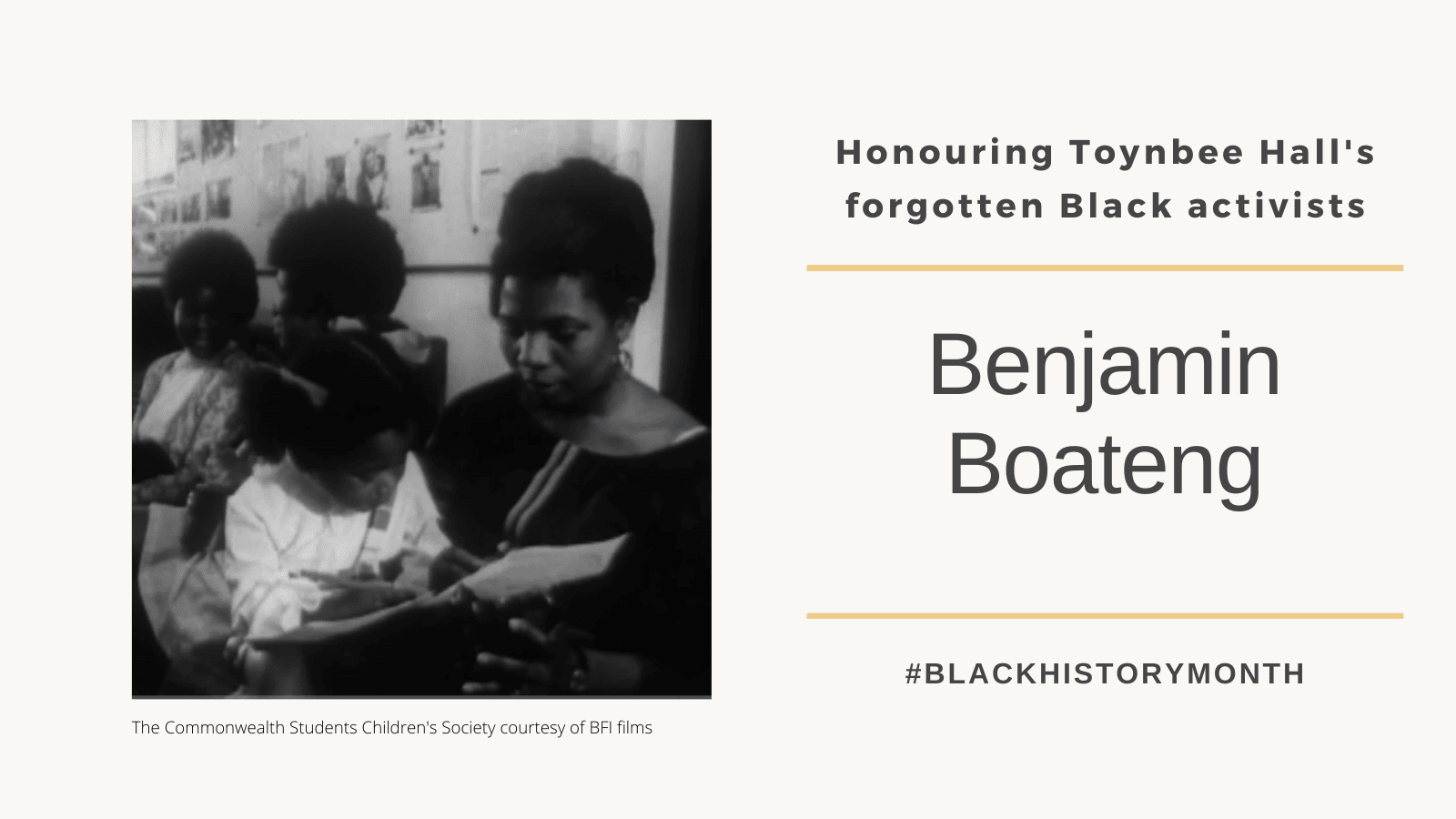
Founder of the Commonwealth Students Children’s Society
Toynbee Hall has a long and proud history of striving for and achieving positive social change for the people of East London and beyond. Since we were founded in 1884, many individuals and organisations have passed through our doors and made invaluable contributions to the community. To mark Black History Month, we want to celebrate the achievements and impact of Black activists throughout our history.
To our great shame in our archives as in so many historical records, the achievements and contributions of Black staff and volunteers are barely documented. We want to be able to share the stories of the many Black people who have worked in our community whether at a community, grassroots or policy level to progress human rights and dignity for all people and particularly for Black people. We want our archive to accurately celebrate that, not just this month but forever. Therefore we have been working hard to research, record and recognize the work of women and People of Colour at Toynbee Hall. We have found records of three Black men who ran important organisations from Toynbee Hall that improved the lives of expat communities in London.
The first is Benjamin Boateng, a Ghanaian law student, who established the Commonwealth Students Children’s Society.
Distressed by the lack of provision for children of Commonwealth students in Britain, he began a voluntary organisation in 1961 to inspect, approve, and pay childminders. In 1967, whilst well established with grants and support from the London Council of Social Service, the Society was still struggling financially so Toynbee Hall offered an office.
Boateng explained in more detail about the unfair situation many Commonwealth students found when they arrived in the UK with their families in Toynbee Hall’s Annual Report for 1968 (which can be viewed here on page 33).
“British universities, hospitals, technical and training colleges are currently attracting over 46,000 students from the Commonwealth (the biggest group being the 15,000 student nurses who, incidentally, are helping to keep the health service going while they are in Britain) and a high proportion of them are coming to London. But unaware of the housing shortage and landlords’ views on children, the students are finding some unexpected problems when they get here.”
The Society sought to provide more information for prospective student-parents on housing conditions in the UK, to find suitable child care for young children, to encourage the formation of housing associations providing homes for students and their families, to help arrange for children to go back to their home nation when suitable arrangements could be made with the parents’ families, and finally as a last resort find suitable foster homes, paid for by the parents.
A short programme was made about the Society’s work in 1975 and can be viewed on the BFI’s website
In later annual reports Boateng writes more passionately of the challenges facing students and their families coming from Commonwealth and of his visits to West African countries to inform potential students of the challenges they would face. He even started to receive funding from African governments allowing the Society to set up its own nursery and housing provision.
Sadly little more can be found about Benjamin Boateng, if you knew him or have more information to share, please do get in touch. Email archive@toynbeehall.co.uk




